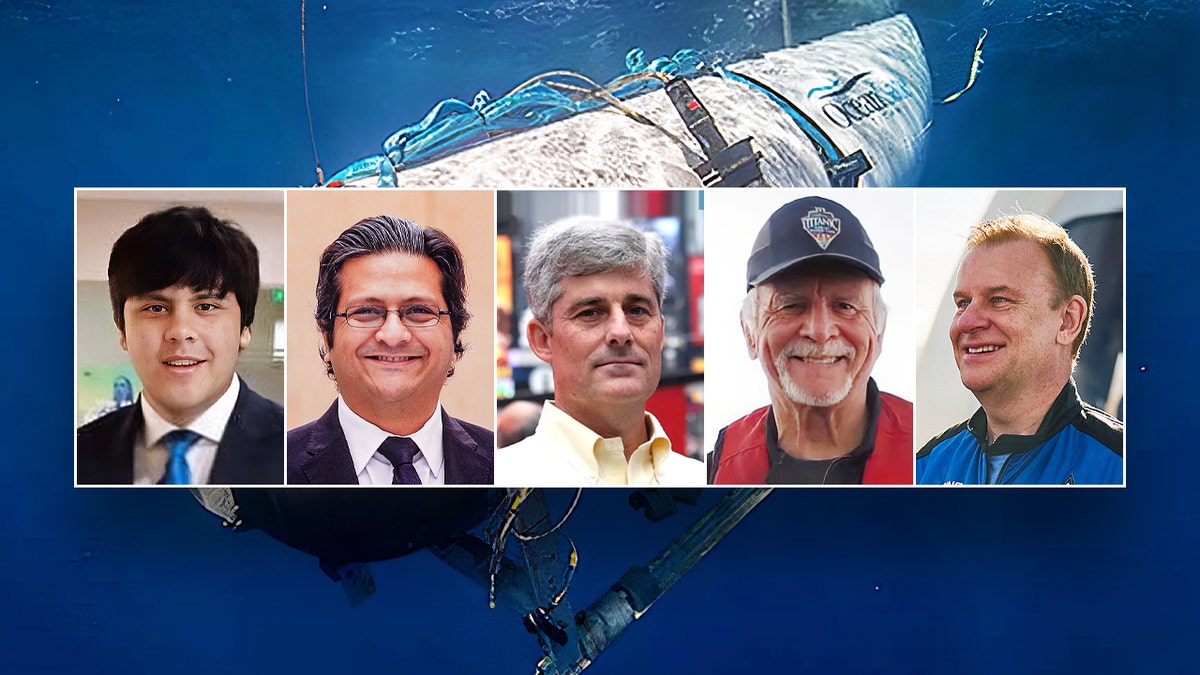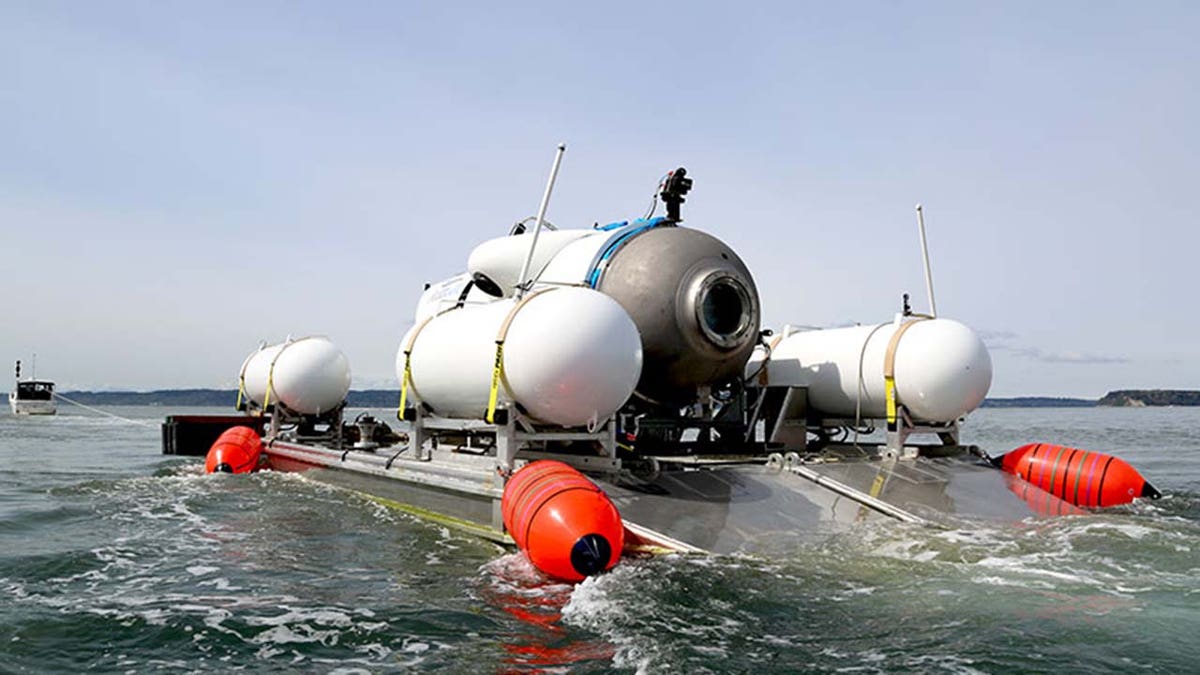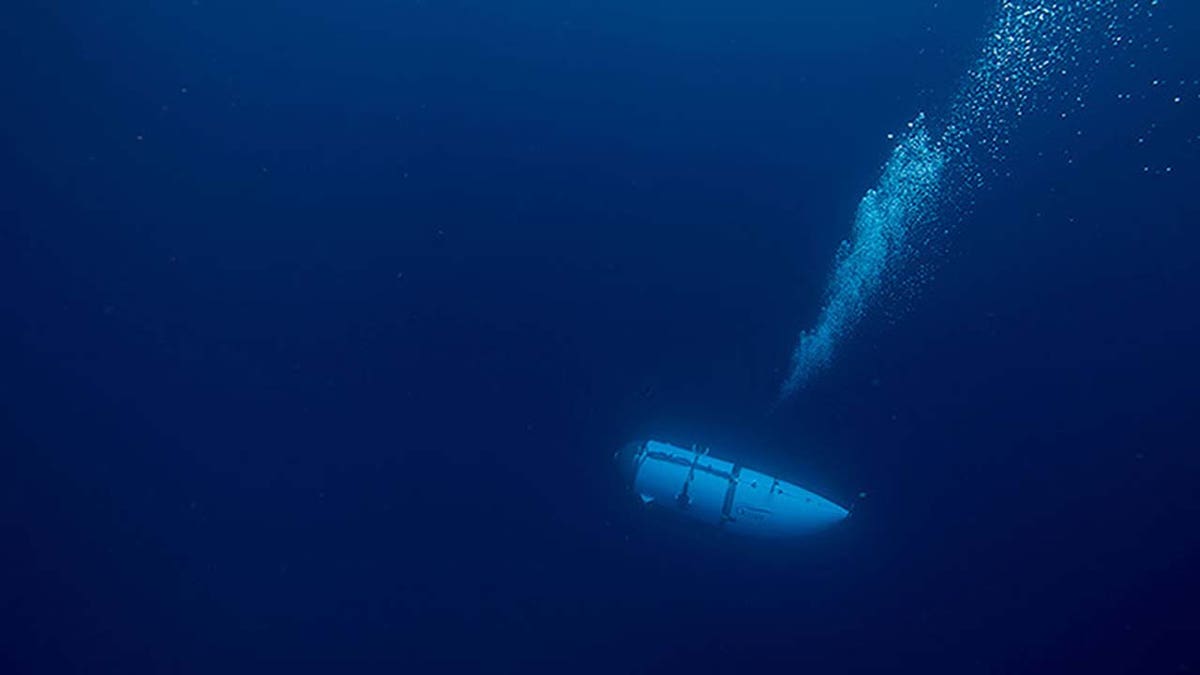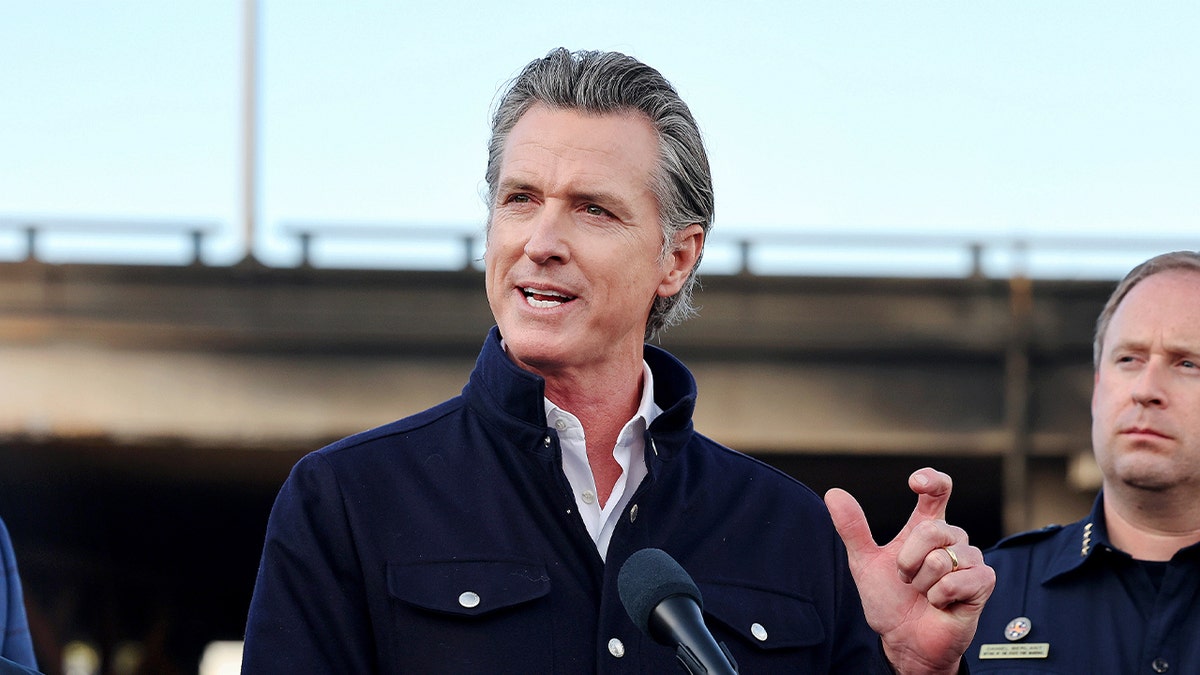Families of the victims of the Titan submersible implosion may face an uphill battle if they choose to pursue legal action against OceanGate, according to legal scholar Richard Daynard. The Northeastern University law professor argues that the passengers knowingly accepted the inherent risks associated with the expedition.
Daynard draws a parallel to the tobacco industry, suggesting that OceanGate explicitly outlined the potential dangers, including the possibility of death, in the waiver signed by participants. A former passenger revealed to the New York Post that the word "death" appeared multiple times on the waiver's first page.

Unlike cases where companies misrepresent risks, Daynard believes OceanGate's transparency, coupled with the fact that CEO Stockton Rush himself was aboard the submersible, makes it difficult to prove recklessness or fraud, which would be key to a successful lawsuit. He highlighted the experimental nature of the deep-sea voyage, comparing it to the early days of aviation and emphasizing that passengers were fully aware of the unprecedented technological challenges involved.

Furthermore, Daynard raises concerns about the financial viability of such lawsuits. He speculates that OceanGate's future prospects are bleak given the tragedy, making it unlikely that substantial damages could be recovered. This, he suggests, would deter many lawyers from taking on the cases, as they typically work on a contingency basis and would be unlikely to recoup their time and expenses.

Beyond the legal and financial hurdles, Daynard questions the emotional toll a lawsuit could take on the grieving families, forcing them to relive the traumatic event and potentially hindering their healing process.








